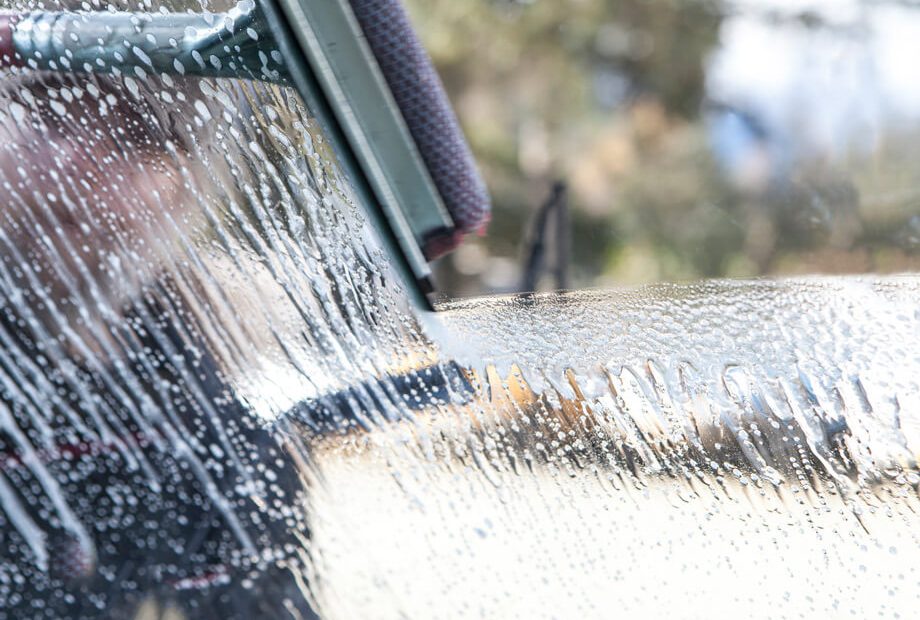Every few minutes in Baltimore, a group of young men rush into the streets and try to clean stopped cars at busy intersections. What is usually regarded as a nuisance to motorists might help the young men, many of whom live in deep poverty, get closer to affording a meal that day. With the recent shooting and death of a motorist who tried to attack a 16-year-old worker with a baseball bat, pressure has been placed on the city to enact a “squeegee ban.” They did so in January. Two days following the ban, squeegee workers could still be seen at their regular spots.
“I think that they are aware [of the ban], but sometimes when you’re aware and still hungry, you make choices,” said Audrey Bundley to Fox 45 News two days following the enactment of the city’s “squeegee ban” initiative. Dr. Bundley oversees Baltimore City’s Squeegee Collaborative and is the director of the mayor’s African American Male Engagement program. The initiative is intended to “disrupt environments” that encourage Baltimore youth to pursue squeegeeing as a form of income and provide them with community resources and aid. To me, this initiative raises a lot of questions. Is this ban a way to criminalize poverty? Will the efforts by the collaborative really improve the lives of these young men?
This is not the first time the city has tried to ban and regulate squeegee work. In 1985, the Baltimore Police Department approached the Baltimore City Council and requested authority to arrest anyone window-washing on city streets. The city council came to the compromise of setting up curbside “squeegee stations” where the youth would be given identification badges and allowed to work while being supervised. However, this program was short-lived. Only 20 people enrolled in the program, citing that they could only make a fraction of the amount they could on the street. The failure of this program, which was started as a request by police to criminalize the work, emphasized the lack of understanding of the needs of the youth. For the following decades, squeegee kids were regarded as a public nuisance, with people calling for the problem to be dealt with, to criminalize the act and punish the perpetrators. Opponents say squeegee work can put minors in dangerous situations, and it is linked to poor school attendance. But with 33% of children in Baltimore living below the poverty line, criminalizing squeegee work is simply attempting to sweep poverty under the rug.
This time around, the program was created by a coalition of community partners, local businesses and the Mayor’s Office of Children & Family Success. According to the Mayor’s Office, in its first 30 days, the initiative identified 186 youth squeegee workers, of whom 43 have been reengaged into school, 29 have received assistance in obtaining their social security cards and/or IDs, 27 have been employed distributing meals as part of the city’s COVID-19 response, 73 have been registered in summer youth programs, and 39 were placed with permanent employers. In addition, 50 were connected with a mentor for “credible guidance” and support. Although this program seems promising, it is our responsibility as community members to hold the city accountable and keep a close eye on the initiative. We need to question whether the programs are indeed helping, and most importantly, we need to address the squeegee workers with empathy.
Related Content
- On the Run in Baltimore
- Seeking the Charm
- Johns Hopkins Police Bill Signed into Law, Despite Student and Community Objections
- Making Baltimore Home
Want to read more from the Johns Hopkins School of Medicine? Subscribe to the Biomedical Odyssey blog and receive new posts directly in your inbox.

Good post, very well written. If you need help writing an equally good post, article, or research paper, we will help you https://paperwritingservices.reviews/buyessay-org-review/ the result will surprise you!
Comments are closed.